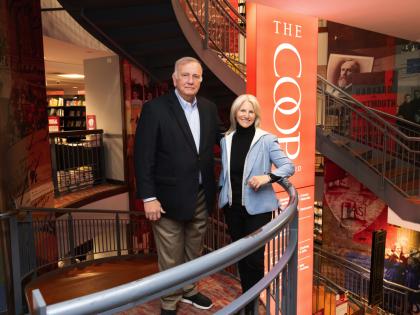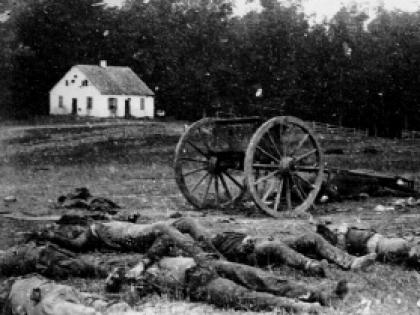Kenan professor of English and of visual and environmental studies Marjorie Garber is an eclectic and creative scholar. In Character: The History of a Cultural Obsession (Farrar, Straus & Giroux, $30), she has found a suitably broad subject for her interests, spanning the meanings of the term from the ancient word for engraving or stamping, to the multiple manifestations of moral principles, upheld or violated. There is plenty of grist: for the intellect in general, and for discussions of the hurly-burly of contemporary leadership—or the lack thereof. From “The Character Effect,” her afterword:
A strange thing has happened to the idea of character on its way to the twenty-first century.
What once was an object of conviction, the belief in human character, has become more like a label, or an evaluation, or a good (or bad) grade. It’s almost as if this qualitative term is better left unspoken—except in headlines, Senate hearings, job references, and obituaries.
Scientists tend not to use it. Nor do social scientists—psychologists, sociologists, anthropologists. Philosophers prefer “ethical” or “moral.” Biographers may write warmly of the “character” of figures from the past, like Abraham Lincoln, Frederick Douglass, or Eleanor Roosevelt. But when “character” appears in the biographies of present-day figures, especially those of politicians and celebrities, the assessment is usually not so positive. Character flaws and character failings sell books. But in the process of this evolution, something of the term’s complexity and history has been neglected, or forgotten.
Is bad presidential behavior bad character, or just locker-room talk? Is a gross violation of decency, or a glaring instance of financial impropriety, “not in character” for a person whom we would like to praise, or hire, or vote for? “Out of character” implies a sense of what would be “in character” for the individual in question. But how do we know what is “in” his or her character?
In recent years, there seems to have developed something of a gulf between the ideal of character and its practice. “Preachers say, ‘Do as I say, not as I do,’ ” noted the seventeenth-century English jurist and scholar John Selden, adding dryly that he would not take such advice from a doctor.








